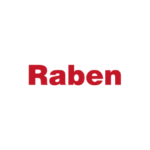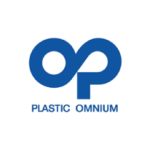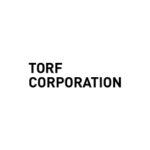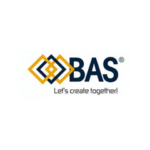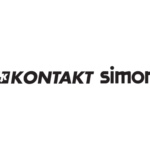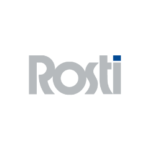Sohbi Craft Poland is a Japanese-invested company which does not need to be introduced and which is not less successful than in the home country. Gaining the trust of a Japanese enterprise and establishing cooperation is a success of eq system. As a result, Japanese production technology met Japanese information technology supporting production management and the APS Asprova system was implemented at Sohbi Craft Poland. The effects of the implementation allow us to look to the future with optimism and to expect further, dynamic development of the company. Read what Sohbi Craft Poland has gained one year after it started implementation of the Asprova APS system.
About Sohbi Craft Poland
Sohbi Craft Poland has been operating since 2006. The company’s new business is the production of FFP2 respirators but the main area of activity is the production of pressed metal components for the automotive industry. Engine brackets, steering system components, airbags, seats, air conditioning, batteries, etc. These are parts manufactured by Sohbi. Except for pressing, what they also do is threading, riveting and welding.
The company delivers these products to almost all countries in the European Union. In addition, it liaises with enterprises from Mexico and the USA. Its scale of activities is reflected in its size: currently, Sohbi employs 250 people who work in the plant with an area of 11,000 sq. m.
Production process at Sohbi
The production process at Sohbi Craft Poland certainly required organisation and optimisation, although it was, seemingly, not complicated. It was found that the level of raw materials inventory was unsatisfactory and its value was as much as 67% of the value of the finished goods inventory. Furthermore, the value of work in progress represented 8% of the value of the finished goods inventory, which required improvement as well. Following customer contracts, the company must maintain the safety stock in the finished goods warehouse at set levels.
As a result of meetings with company representatives, eq system experts found that Sohbi wasted 1,080 minutes a day for changeovers. It turned out that an adequate and effective production plan in a situation where employees worked in a 3-shift system, 5 days a week, was a big challenge, all the more so because they wasted 60% of the time on the daily review of materials, obtaining information and preparing a production plan that was just a few days ahead. The implementation of eq system production control standard, based in this case on the APS Asprova system turned out to be the solution. The assumptions included:
- Reduction in inventory and WIP
- Reduction in the number of changeovers
- Scheduling based on a precise production plan, not on variable forecasts
- Shortening the planning time and expenditure on plan development
- Creating long-term planning opportunities.
Have we succeeded?
APS Asprova: how does it improve work at Sohbi?
The APS Asprova system uses real-time data as it has been integrated with the warehouse management system (thanks to which it always takes into account the current inventory status) as well as with the customer order system and production progress. Also, Asprova plans changeover times, production standards and schedules which includes availability of employees and other process limitations. The planner no longer wastes time on making a production plan in Excel, which it will have to modify anyway: now, the planner’s main job is to optimise the schedule and adopt new optimisation criteria. Numbers illustrate this perfectly. The APS Asprova system implemented at Sohbi Craft Poland reduced the time to collect and analyse the data by 50%. Furthermore, the plan preparation time gets shorter by 60%, and the number of changeovers by 40%.
Before the implementation of the Asprova system at the company, it was not possible to handle process improvement. Now, the time saved is spent on improving the company’s operational strategy and on decision making and analytical activities. Other tasks, according to rules and optimisation criteria, are automatically performed by Asprova.
Besides, a noticeable benefit of Asprova is the increased planning horizon: from a few days to six months. The production plan is no longer a surprise to anyone.
What else will the APS Asprova system change?
Twelve months after the implementation of the APS Asprova system, Sohbi can change its planning strategy from reactive to preventive. In addition, the improvement of production planning gives them an opportunity to further optimise logistics processes and reduce the level of raw materials inventory from 67% to 38% in relation to the value of the finished goods inventory. These assumptions as well as the reduction in the value of production in progress from 8% to 2% in relation to the value of the finished goods inventory are Sohbi’s goal for 2021. It must work with Asprova.








